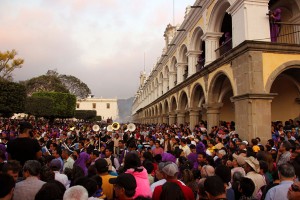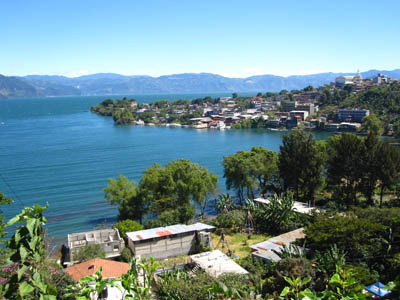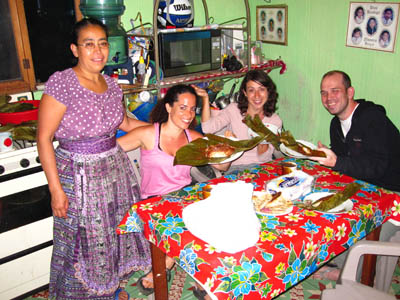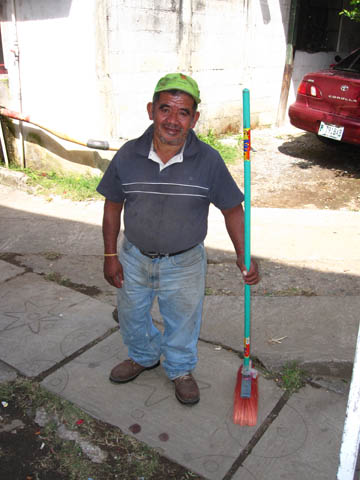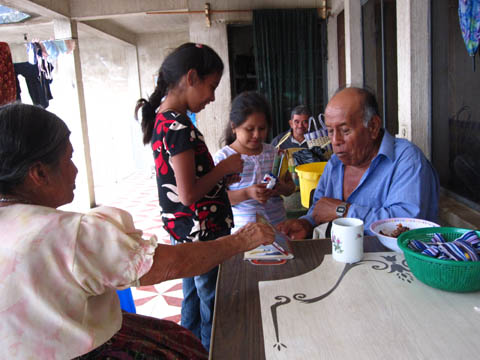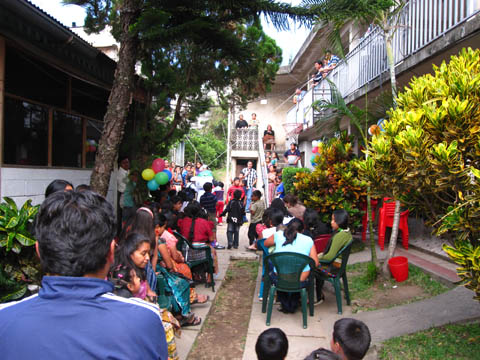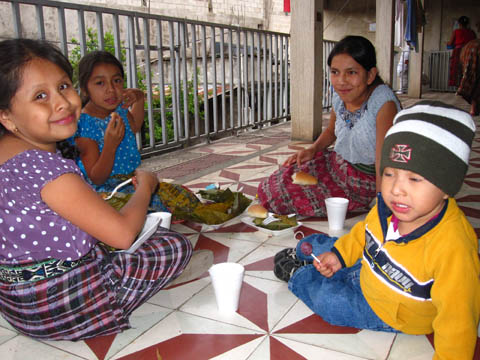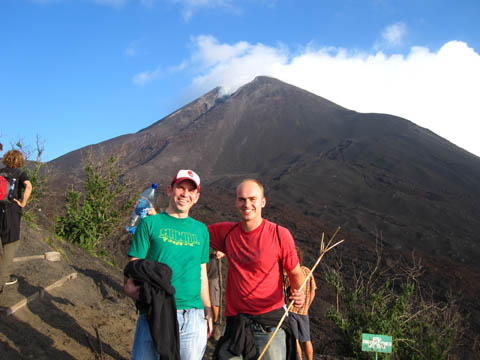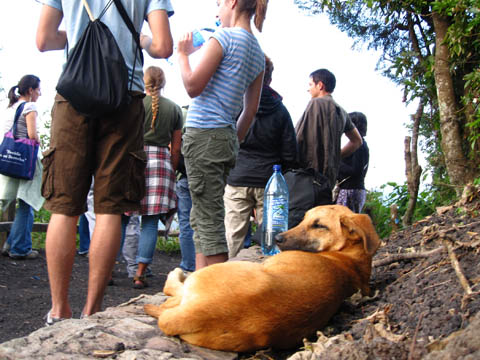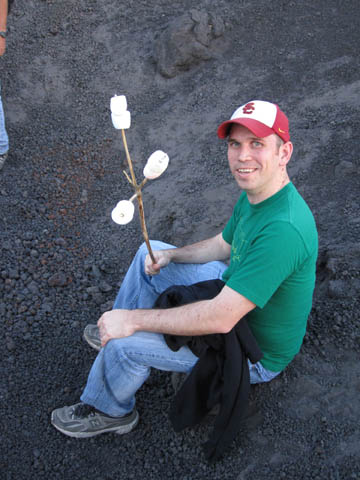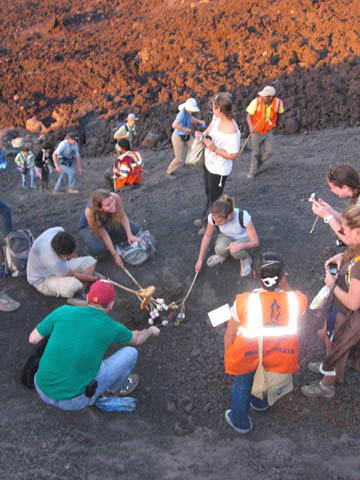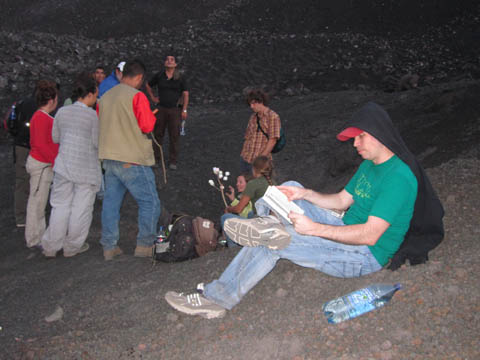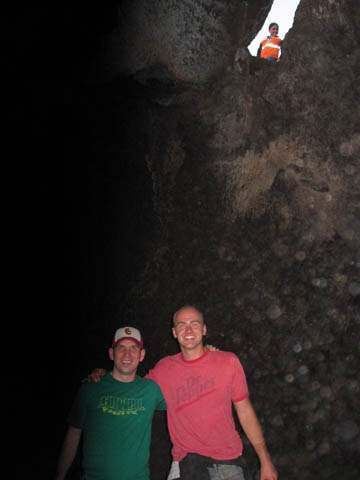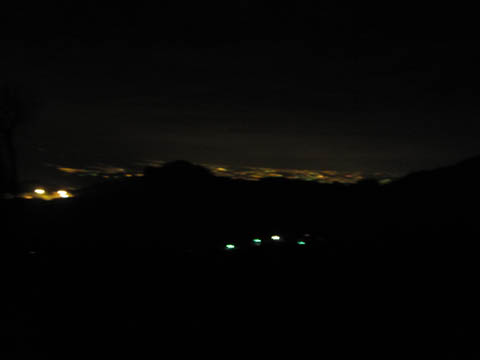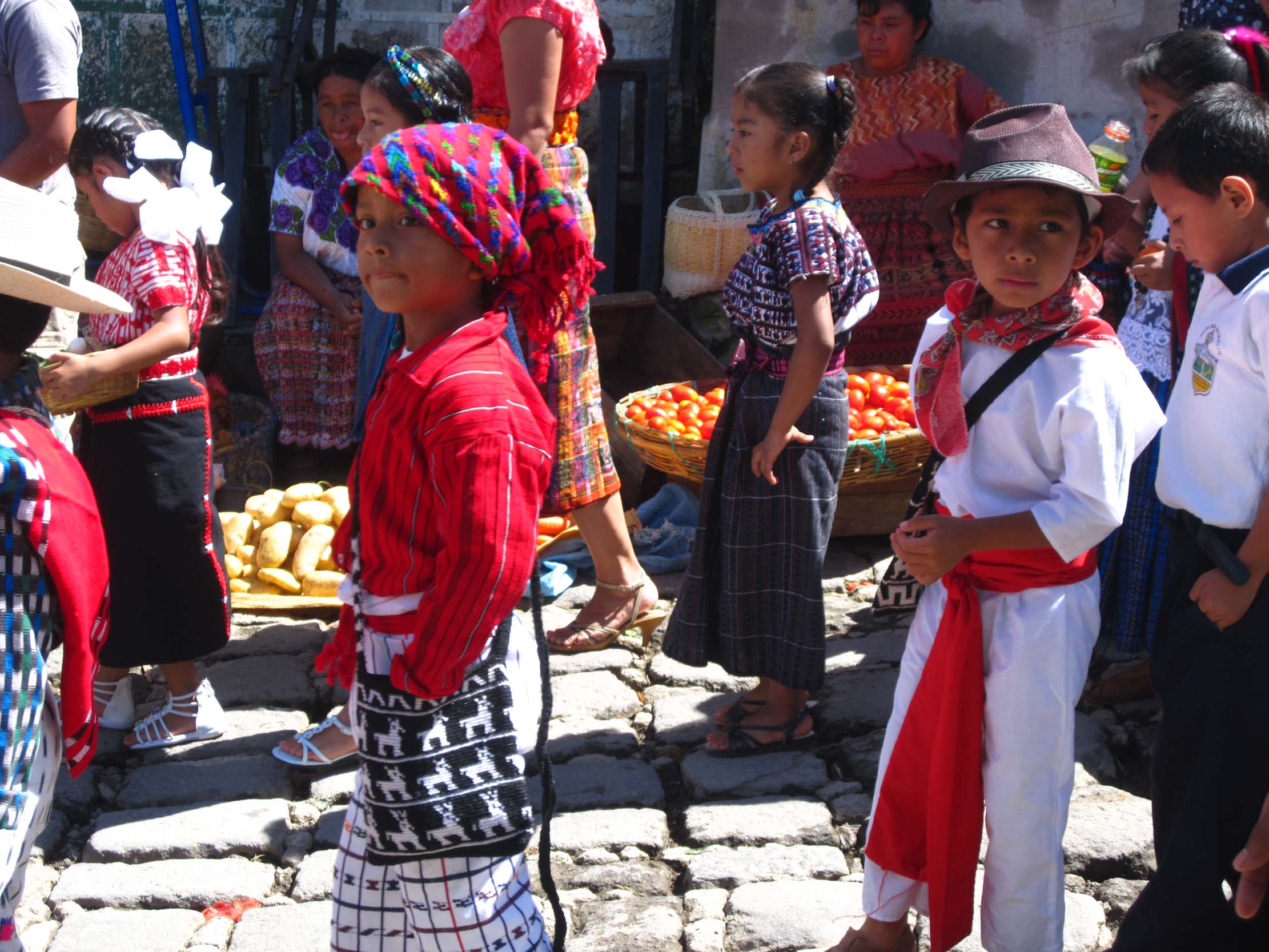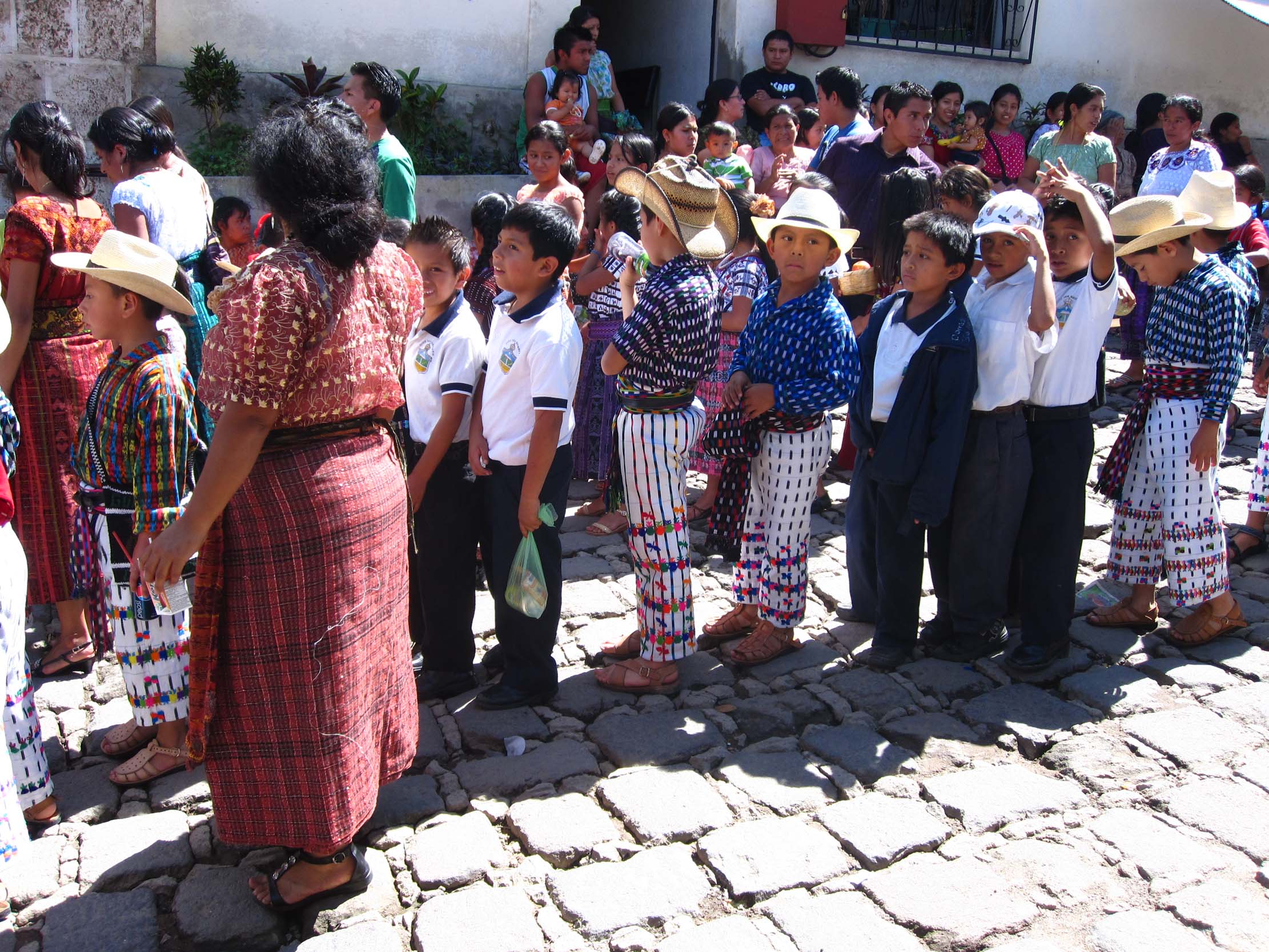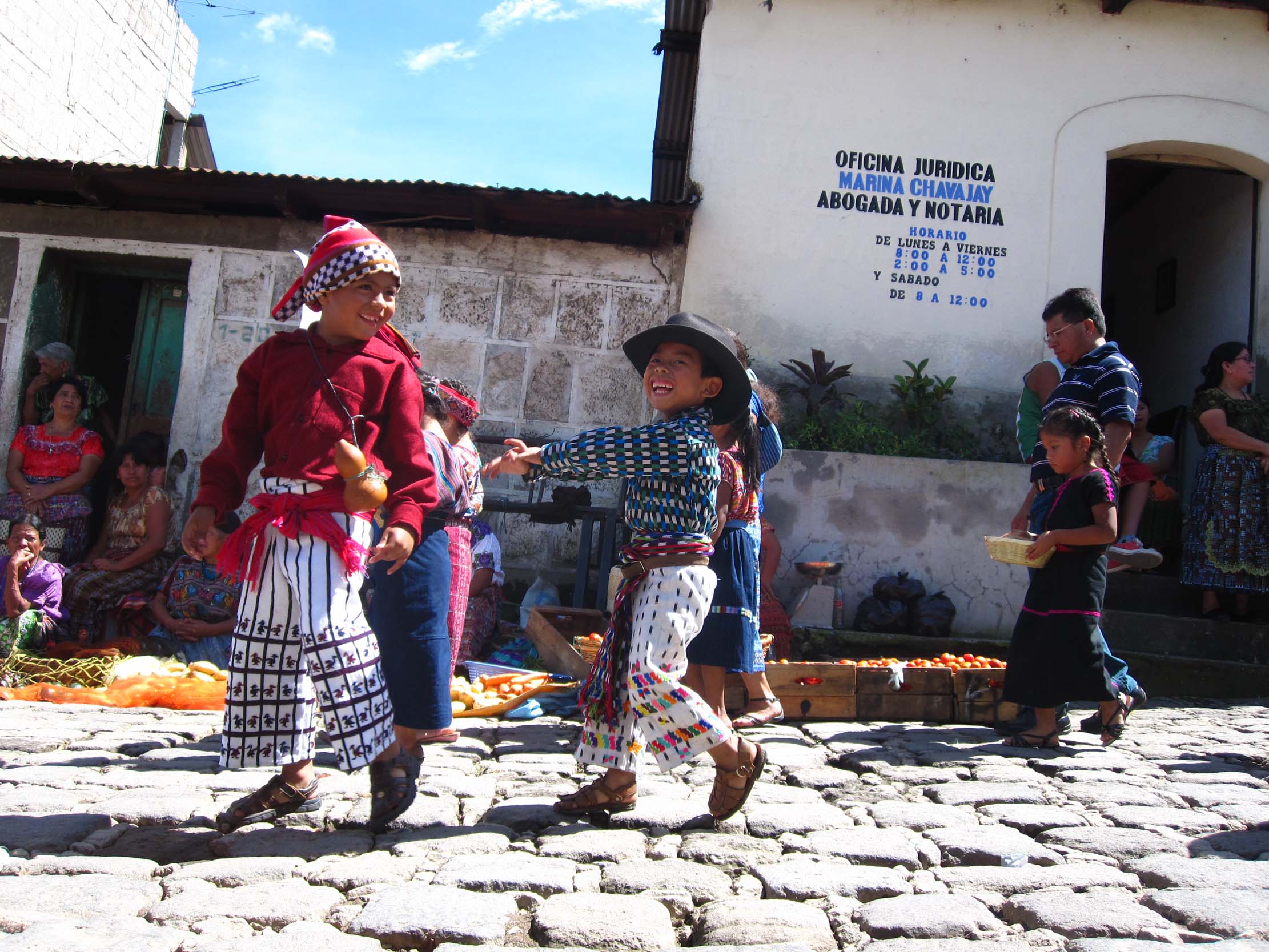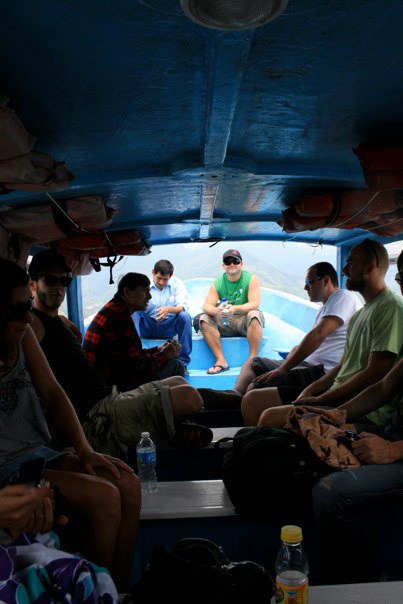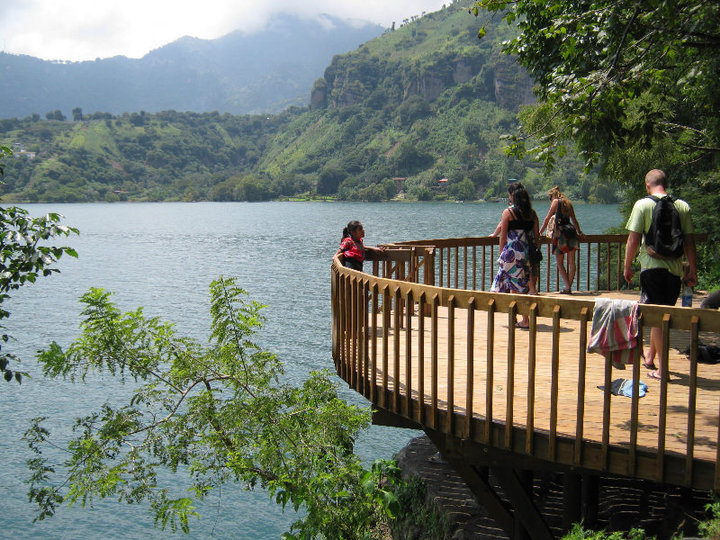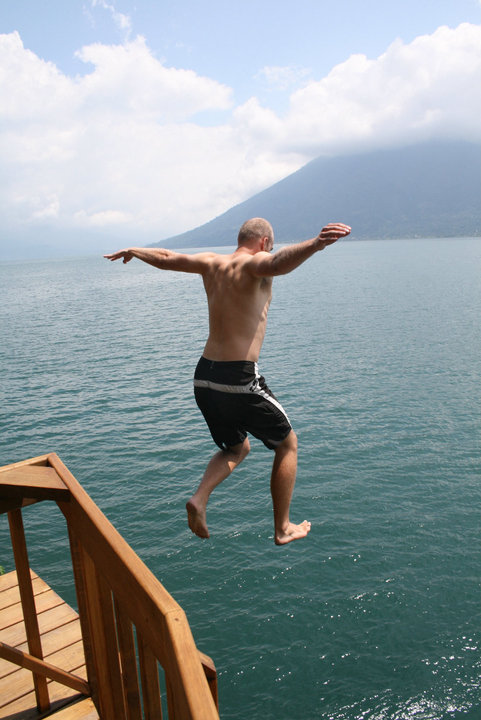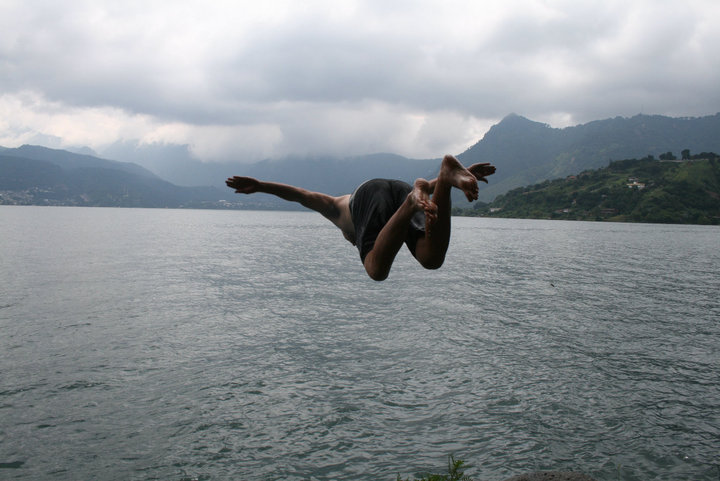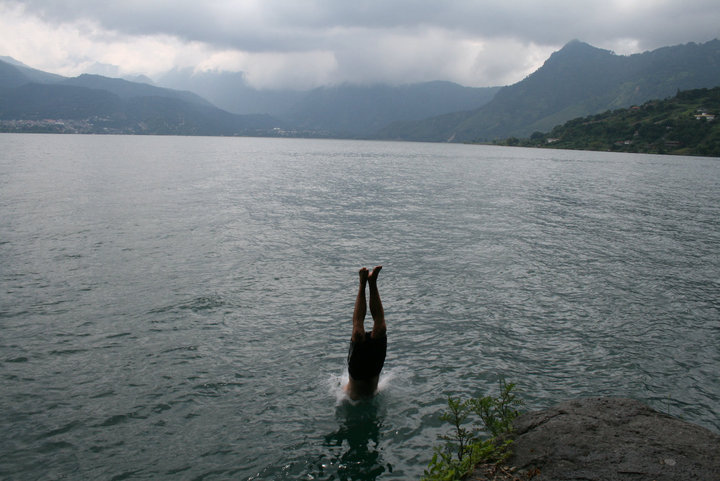Aaron Roth – Edify.org – “The Distance between Two Blocks” – Dec./Jan. 2015

Greetings everyone, I hope you all had a wonderful Christmas season and a great start to the new year. For the last three months I’ve been in constant travel, with three trips to Guatemala, one to both coasts of the United States and back to Lima Peru.
I have great news to report that we are gaining momentum with the program in Lima, Peru and have just signed an agreement in Guatemala! It’s been an exciting time with many new additions to Edify’s programs and teams, and transitions including my own upcoming transition from Edify to take some time off before I move back to the east coast to start graduate school this summer. I’ll cover that transition in the next newsletter, but in this one I’ll be writing about Guatemala in the newsletter below. -Aaron
- Download this email as a pdf: Aaron Roth – Dec./Jan. 2015 Update.pdf
- Edify worldwide – www.Edify.org
- Archive: AaronRoth.net – Monthly Newsletters
In December, I was in Guatemala City working with our newest microlending partner FAPE (Foundation for the Assistance of the Small Business) and we had planned to work on the agreement between Edify and FAPE in the executive director’s home after a meeting. As we pulled into the residential community where the executive director lives I thought to myself, “Hmm, this place looks familiar. Why do I know this place?”
I asked Manuel, the executive director, for the address and wrote down “Zona 13, Aurora II” to research in the afternoon. For some reason, I thought maybe I’d stayed near this place when I first came t o Guatemala almost five years ago. When I got back to my computer I went through my old emails to track down some of the places I’d stayed. Sure enough, deep into the archives I came across the very first place I stayed in Guatemala: a bed and breakfast (really a hostel) that had the address Zona 13, Aurora II. “But these areas are pretty massive anyway, it’s not like it’s that close to his house.” I thought.
o Guatemala almost five years ago. When I got back to my computer I went through my old emails to track down some of the places I’d stayed. Sure enough, deep into the archives I came across the very first place I stayed in Guatemala: a bed and breakfast (really a hostel) that had the address Zona 13, Aurora II. “But these areas are pretty massive anyway, it’s not like it’s that close to his house.” I thought.
So the next day, I asked Manuel, “Have you heard of this bed & breakfast?” and gave him the address.
“Well yeah, that’s just two blocks from my house,” he answered.
It was then that it dawned on me. In almost five years in my journey in Latin America I had progressed just two blocks!
Two blocks.
It felt odd knowing that I’ve gone thousands of miles just to arrive a stone’s throw from where I first began. It feels like I haven’t gone very far, like all the 3am-4am wake up calls for two and three connection flights, logging six to eight, even 10 hours on bus rides into distant communities didn’t add up to a grand total of anything. Maybe I felt a bit disappointed, like a hiker who prepares half a year for the difficult ascent, and arrives to find that they closed the trail and now the summit is accessible by a 30 minute gondola lift.
But that’s not how it is right? There is an enormous difference between the 30 feet that separates the entry-level employee and the CEO. It’s not the measurement of the physical distance at all. If we were to  extend out the years and the experience that separate those two positions the distance would be unfathomable.
extend out the years and the experience that separate those two positions the distance would be unfathomable.
Five years ago that first night in Guatemala, I was an anxious young man, fresh out of my corporate job, with feelings of excitement and uncertainty after realizing that the decision to go to Latin America could potentially shipwreck my career or carry me to a new, never before imagined destination. I couldn’t envision what the future would look like, it just looked like a never ending winding road clouded by fog and rain. My only real resolution was to just stay on the path, and try to maintain my momentum and excitement.
So then, five years later from that first night filled with uncertainty for the path laid before me, I was sitting a few hundred yards away, right next to the Vice President of Latin America for Edify, Luis Sena (appears above in the second picture) in the home of the executive director of the  Guatemalan MFI discussing the details about opening up the Edify program in Guatemala.
Guatemalan MFI discussing the details about opening up the Edify program in Guatemala.
In that meeting, I didn’t speak of conjecture, but rather from experience. Guatemala is the third country I have worked in, and my responses were from the decisions I have been a part of with my team based on experiences with schools with directors that I knew personally.
I’ve visited hundreds of schools over the past few years, spoken with 12 microfinance institutions and even more training and para-church organizations. I’ve helped write operating manuals for several microfinance projects, written dozens of reports, logged endless  hours in meetings, and presented to leadership teams in English and Spanish.
hours in meetings, and presented to leadership teams in English and Spanish.
If only I had known that five years later I’d be a more confident professional sitting with colleagues in a comfortable environment, I would have been relieved of my doubts and fears.
But I know now that in life there are many things that we don’t know at the time, and they aren’t for us to know in that specific time and place where we currently reside.
currently reside.
And that’s ok, the only requirement is that we have faith in the Maker of the paths. The paths of the past, and the paths of the future.
In Edify, we are incredibly excited about the future in Guatemala. We’ve met with two microfinance organizations and visited almost 30 schools around the capital and in three different regions to explore the potential for our microlending program to low-fee independent Christian schools.
It’s been such a blessing to work with our Guatemalan friends, Manuel Garcia and his team, from our first microlending partner in Guatemala. They truly share our mission to work in the economically poor communities to improve and expand these schools that want to serve the families in their communities.
 Trust in the Lord with all your heart and lean not on your own understanding; in all your ways submit to him, and he will make your paths straight. (NIV Proverbs 3:5-6)
Trust in the Lord with all your heart and lean not on your own understanding; in all your ways submit to him, and he will make your paths straight. (NIV Proverbs 3:5-6)
So I realize then, that instead of being disappointed in only traveling two blocks, I’m incredibly grateful to realize that the greatest distance the Lord ever required me to go was just two blocks.
If I had really known that and believed in His plan, I wouldn’t have been so worried about the great uncertainty that lay before me. Had I known it would have been just two blocks, I would have jumped out of my seat and started walking, relieved of any great doubts about the plan ahead.
From where I am today, I can rejoice in the great distance between two blocks: for this great adventure with the Lord and his people in Latin America. For all I’ve gotten to experience personally, walking with these school leaders, with men and women so passionate about impacting their communities because that’s what Christ called them to do. He knew that was what was up ahead, and I’m glad they trusted Him and I did too, with only small glimpses of the future he’s preparing. He was, and is, and will be, the Maker of good paths.
I pray that even in moments of uncertainty you have reassurance to know that the Lord has planned out the path you’ll take — even if it is only just two blocks.
Blessings to you all back home,
-Aaron


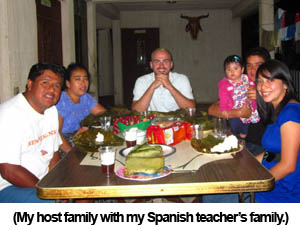 Edify worldwide –
Edify worldwide – 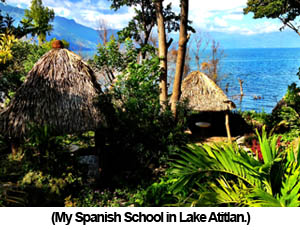 This statement was retold to me by a loan officer of a local Guatemalan Microlending Institution who was teaching rural women about the inequality of gender, and how they should value the female gender and should stand up for the rights of their little girls to attend school and seek educational and vocational opportunities. Inequality still exists in many parts of the world, not just in money or power, but in gender. Very often, when we think of poverty, it’s a description of inequality in economic class, education, or opportunity, but I’ve come to see poverty also as a lack of values or appreciation of life.
This statement was retold to me by a loan officer of a local Guatemalan Microlending Institution who was teaching rural women about the inequality of gender, and how they should value the female gender and should stand up for the rights of their little girls to attend school and seek educational and vocational opportunities. Inequality still exists in many parts of the world, not just in money or power, but in gender. Very often, when we think of poverty, it’s a description of inequality in economic class, education, or opportunity, but I’ve come to see poverty also as a lack of values or appreciation of life.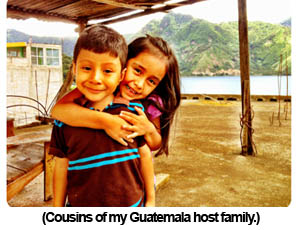 Now keep in mind, even in the tiny rural village where this training took place, culture is a behemoth that everyone can see, but very few can move on their own. It takes years to form itself, and sometimes it sets in like concrete, which means it takes years to reform or change. When any development or missional organization talks about transformation of any sort, be it economical, behavioral, or spiritual, they are entering into a long term process. I’m always hesitant to speak of rapid transformation in the work we do with microlending to schools, because when we try to improve the quality of education, and build on projects to schools, we’re talking about beginning a process for change with a diverse group of individuals who carry their own vision for the school.
Now keep in mind, even in the tiny rural village where this training took place, culture is a behemoth that everyone can see, but very few can move on their own. It takes years to form itself, and sometimes it sets in like concrete, which means it takes years to reform or change. When any development or missional organization talks about transformation of any sort, be it economical, behavioral, or spiritual, they are entering into a long term process. I’m always hesitant to speak of rapid transformation in the work we do with microlending to schools, because when we try to improve the quality of education, and build on projects to schools, we’re talking about beginning a process for change with a diverse group of individuals who carry their own vision for the school.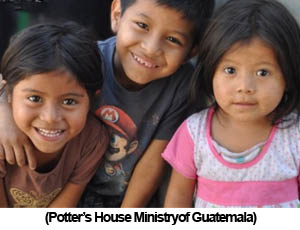 I think it’s better to say that as a development or missional organization from the States we are joining a team with a common goal. When we work together for long-term results, not just short-term projects that look good on powerpoints and photos, real transformation is possible. Real culture change is possible.
I think it’s better to say that as a development or missional organization from the States we are joining a team with a common goal. When we work together for long-term results, not just short-term projects that look good on powerpoints and photos, real transformation is possible. Real culture change is possible.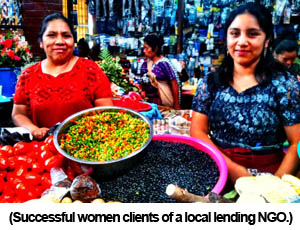 primarily with telling the students that they themselves are valuable. He elaborates:
primarily with telling the students that they themselves are valuable. He elaborates: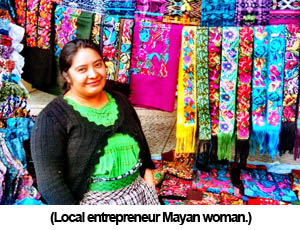 students in the school value them because they came to help, and because they stayed. They invested in the community, and the community trusts them.
students in the school value them because they came to help, and because they stayed. They invested in the community, and the community trusts them.
